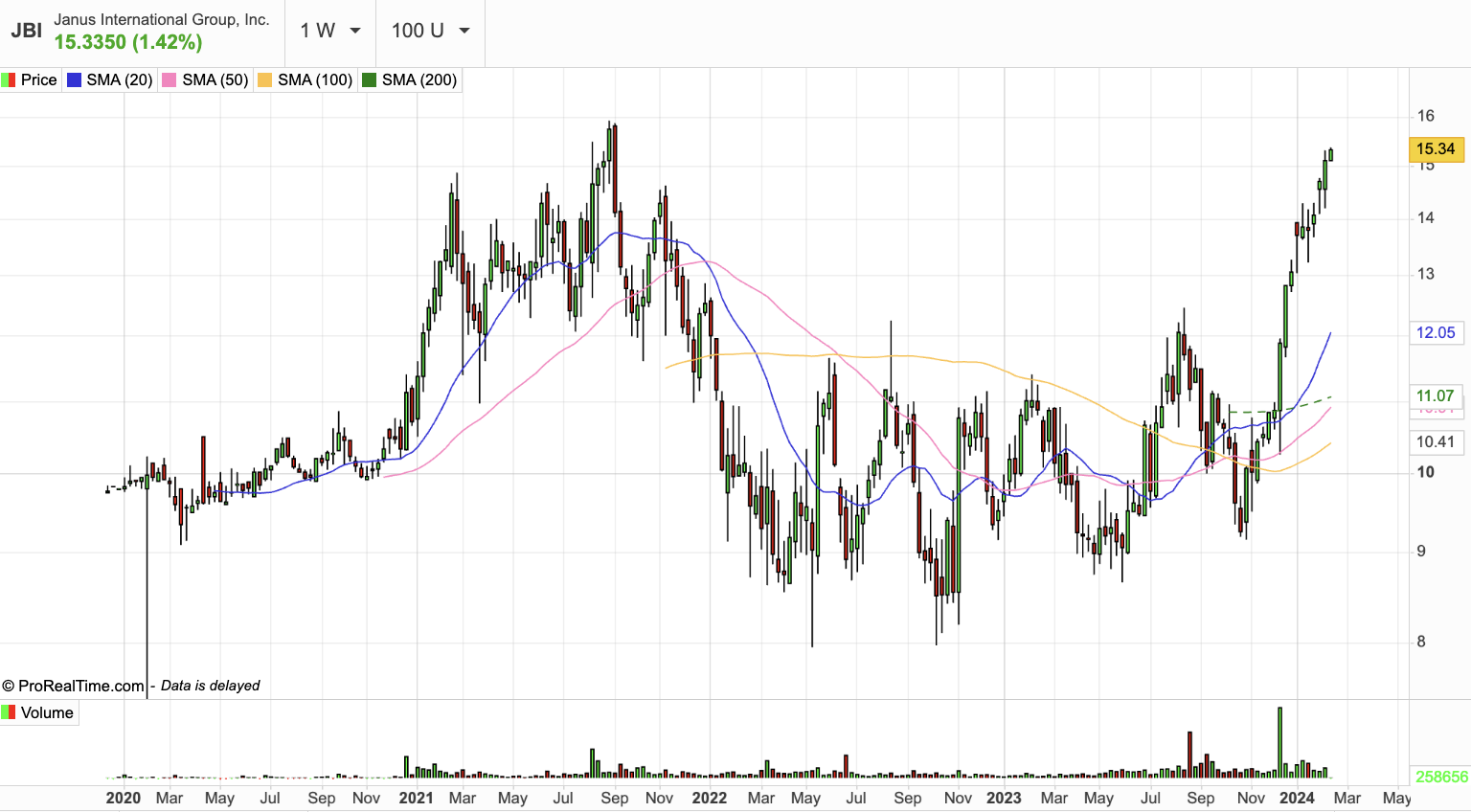Reuters said two sources reported that China's State Council has instructed the local government of Guangdong province, where both companies are based, to help arrange a rescue of Country Garden by Ping An. Authorities reportedly wanted Ping An to take a stake of more than 50%, these sources told the news agency.
But the insurer just replied in a Shanghai Stock Exchange filing that it doesn’t hold any shares in Country Garden and has no plans to acquire the Chinese developer. It also hasn't received any request from the government.
Bloomberg confirmed this version, noting that people with knowledge of the matter earlier reported that Ping An had offloaded its Country Garden 4.9% stake last quarter and has no takeover plans.
We'll probably never know if a request was indeed made by Chinese authorities or not, but this probably won't be the last rumor we hear about Country Garden. Reports are multiplying after the property developer defaulted on a dollar bond last month, as investors fear the impact that a collapse of the property sector, which accounts for one-quarter of China's economic activity, could have on the global economy. The sector has been in troubled for a while due to a very heavy debt burden, construction delays and a lack of demand.
A systemic risk?
This comes after China Evergrande, which is the world’s most indebted property developer and defaulted on its offshore debt in late 2021, filed for bankruptcy a few months ago. It is still still trying to come up with a deal and its fate is far from certain.
According to a Goldman Sachs report, China's situation in some ways appears even more extreme than Japan in the 1990s, which experienced what is now know as the Lost Decade - a long period of economic stagnation - after a property crisis. “Housing prices are more stretched, at 20 times household income in China versus 11 times in Japan in 1990", it said.

However, it sees some reason to hope, since China's property downturn isn't being accentuated by a stock market collapse, as was the case for Japan when plunging share prices severely damaged its banking system. In addition, "even as its overall population declines, China will likely continue to enjoy population growth in its urban centers, due to its still-low urbanization rate." The US bank believes that policymakers will have to manage the outlook for GDP growth as China transitions from property and infrastructure investment to a new economic engine based on upgraded manufacturing and self-reliance.

 By
By 


